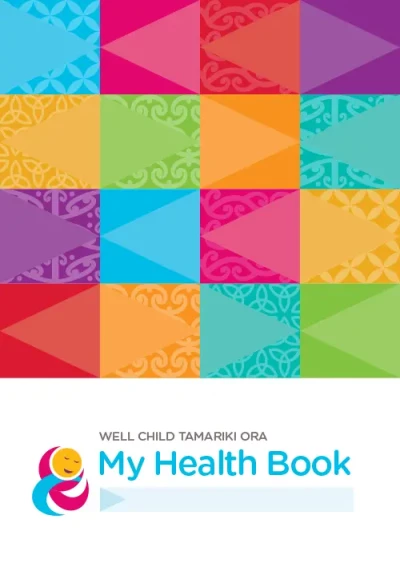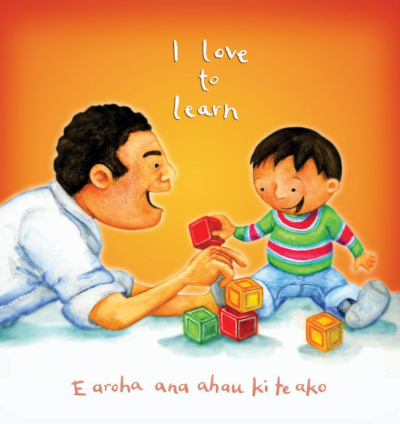
Well Child Tamariki Ora check 3–4 months
Parents should prepare for the 3–4 month check. They can prepare questions for the nurse and talk about how well their child is developing.
For background notes on this topic, read the article:
Well Child Tamariki Ora visits
There is more information from Te Whatu Ora on their website:
Well Child Tamariki Ora visits | Te Whatu Ora(external link)
Preparing for the 3–4 months check
Help whānau prepare for these appointments by talking about the things that their nurse will be discussing.
Remind them to take baby’s My health book(external link) to their appointment, or have it ready when the nurse visits.
At the 3–4 months check, the nurse will:
- measure baby’s weight and head size and check their hips
- check baby’s development and make sure baby can see and hear well
- ask about breastfeeding and talk about safely moving on to solid foods
- ask if baby is up to date with immunisations
- talk about whānau wellbeing and how caring for baby is going
- talk about family violence
- discuss smoking around baby.
Encourage parents to look at the 3–4 months checklist in their child’s My health book, and write down any questions that they might want to ask at the visit.
The nurse is interested in how baby:
- makes sounds
- uses their hands and fingers to do things
- moves their arms and legs
- gets along with others.
Checks parents can do
Can baby see well? Do they:
- close their eyes against a bright light
- stare at people’s faces when they are up close
- turn towards light
- smile at you without being touched or spoken to
- look at their fingers?
Can they hear well? Do they:
- blink or cry when there’s a sudden noise
- stop crying or sucking when you talk
- wake or stir to loud sounds
- coo or smile when you talk
- turn their eyes towards voices
- seem to like a musical toy
- stop moving when there’s a new sound
- seem to know your voice?
Remind whānau that no question is too small or silly, and that the visit is a good time to talk about any concerns they might have for baby or themselves. Topics might include:
- play
- crying and behaviour
- car-seat safety
- teething
- sickness
- sleep patterns
- family relationships
- returning to work
- early childhood education choices.
Helpful resources for whānau
-
Well Child Tamariki Ora visits
Te Whatu Ora
The Well Child Tamariki Ora programme is a series of health visits and support that are free to all families for children from around 6 weeks up to 5 years of age.
-

My Health Book
Well Child Tamariki Ora
The Well Child Tamariki Ora My Health Book is filled with sound advice for parents of babies and children under-five.












